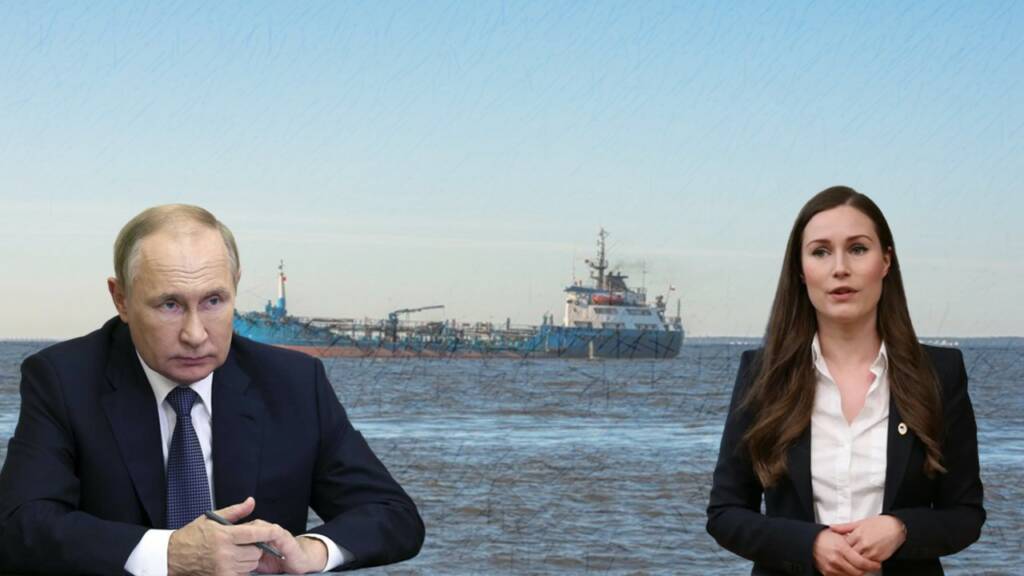The transportation of oil by unidentified tankers through the Gulf of Finland has become a growing concern after the G7 implemented a $60 price cap on Russian oil and the EU and UK imposed a ban on the seaborne import of Russian crude oil. This has led to an increase in long-distance shipments using questionable vessels, which has created significant risks for maritime safety and the environment.
As a result, hundreds of Russian tankers in poor condition are arriving in the already congested Gulf of Finland, which has significantly multiplied the risks for maritime safety and the environment. In the event of an accident and an oil spill, the consequences could fall on countries like Finland and Estonia since the authorities are unaware whether the ”ghost tankers” are adequately insured.
Read More: Finland threatens NATO
Lieutenant commander Tuomas Luukkonen of the Gulf of Finland coast guard emphasized that the crew of some of these vessels may not have sailed in the area before, which poses a risk for an accident. This is a significant concern, considering the significant increase in shipping companies that have appeared during the last six months.
Ulla Tapaninen, a Tenured Associate Professor of Maritime Transport at Tallinn University of Technology, added that shipping companies are currently taking care of the oil shipments from Russian ports. However, there has been a significant increase in the number of shipping companies, which are mostly unknown, and this makes it difficult to obtain information about the crew or the condition and age of the vessels.
The fact that these vessels are not stopping at European ports is a significant cause for concern since there is no way to ensure that they meet the necessary safety and environmental standards. Additionally, the lack of insurance coverage for these old vessels makes the transportation of oil more hassle-free but also poses significant risks to the environment and maritime safety.
The West’s concern about Russian oil deliveries is not new, as Russia continues to find new ways to exploit sanctions. This time, Russia is using old oil Russian tankers in shallow gulfs to bypass export sanctions. The Gulf of Finland is seeing old Russian tankers with unanimous ownership travelling to export oil and gas to nations in Asia and the Middle East. Russia’s uninsured exports have jumped to 45%, creating a significant challenge for authorities in the region.
Read More: The Sweden-Finland episode is just another reminder of how adulterous EU nations are!
Despite the concerns of NATO countries like Finland and Estonia, the West has failed to stop Russian oil flow, and they continue to cry foul. However, the fact remains that the use of old Russian tankers and vessels to transport oil poses significant risks to the environment and maritime safety. It is vital that authorities take necessary steps to ensure that these vessels meet the necessary safety and environmental standards and that they are adequately insured to mitigate the risk of any accidents or oil spills. Failure to do so could result in significant consequences for countries in the region and the environment.
